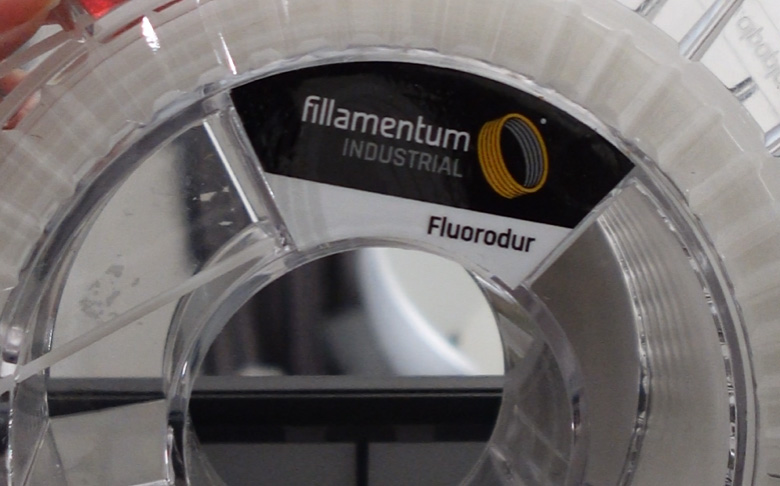
Defying Warping: Navigating PVDF Printing with Precision
In the dynamic world of 3D printing, some materials come with a reputation—PVDF, with its challenging yet impressive properties, is one such character. Here at the lab, we've taken on the task of taming this wild beast of a filament—Fillamentum Fluorodur, known for its penchant for warping and a notoriously unsticky demeanor due to its low surface energy.
Embarking on the PVDF Adventure
Our quest for the perfect PVDF print led us to a tweezer design courtesy of mariu5 from makerworld.com. These tweezers, designed for precision, came with a caveat: a tendency to warp at the tips. The recommended safeguard? Mouse ears—a printing technique to combat the uplift. But we had something else in mind.
Challenging the Status Quo
Determined to showcase the might of our adhesive, we boldly went where many printers have stumbled—we skipped the mouse ears. Yes, you read that right. We wanted to put our faith entirely in our adhesive and the Bambu Lab X1 Carbon's ability to handle what's often deemed a print's Achilles' heel.
The Heat Is On
Tackling PVDF meant playing a high-stakes game with temperatures. We cranked up the heat to 95°C for the first layer, ensuring the filament had no choice but to stick. Then, like a careful alchemist, we lowered the bed to a steady 85°C for the subsequent layers, striking that delicate balance between adhesion and flexibility.
Speed and Breezes: A Controlled Approach
We took our time with the print speed, sticking to a careful 50 mm/s. This gave the PVDF ample opportunity to settle down properly. For cooling, we started off with the fan off to let those first few layers really grab onto the bed. After that, we turned up the fan to 70%, keeping everything cool and avoiding any warping as the print took shape.
The Enclosed Chamber: Our Secret Weapon
The enclosed chamber of the Bambu Lab X1 Carbon became our ace in the hole. It offered the controlled environment PVDF craves, giving us an edge in this high-temperature dance.
The Moment of Truth
And then, the moment of truth—the print completed. The tweezers, in their Fillamentum Fluorodur glory, were impeccable. No warping, no lift, just smooth, flawless lines, a testament to our settings, and the printer's prowess.

In Conclusion: A Victory for Precision Printing
This wasn't just a win for us; it's a win for anyone who's ever faced off against a challenging material. It shows that with the right knowledge, tools, and a dash of daring, even the most temperamental materials can be coaxed into perfection.
We invite you to join the conversation. Share your victories, your stumbles, and your insights into the world of PVDF or any other tricky filaments you've wrestled with. Together, let's continue to push the boundaries and expand the horizons of 3D printing.
Remember, every layer tells a story, and today, our story is one of defying the odds and coming out on top.
Visit makerworld.com to download Tweezers designed by mariu5
